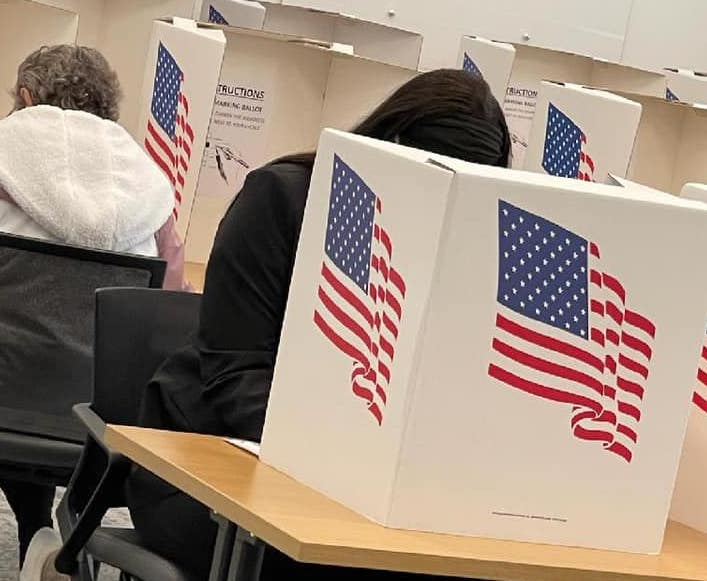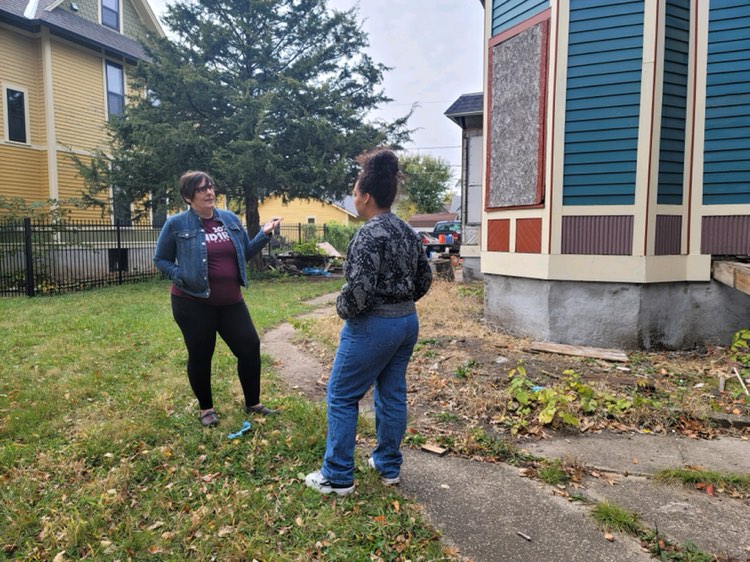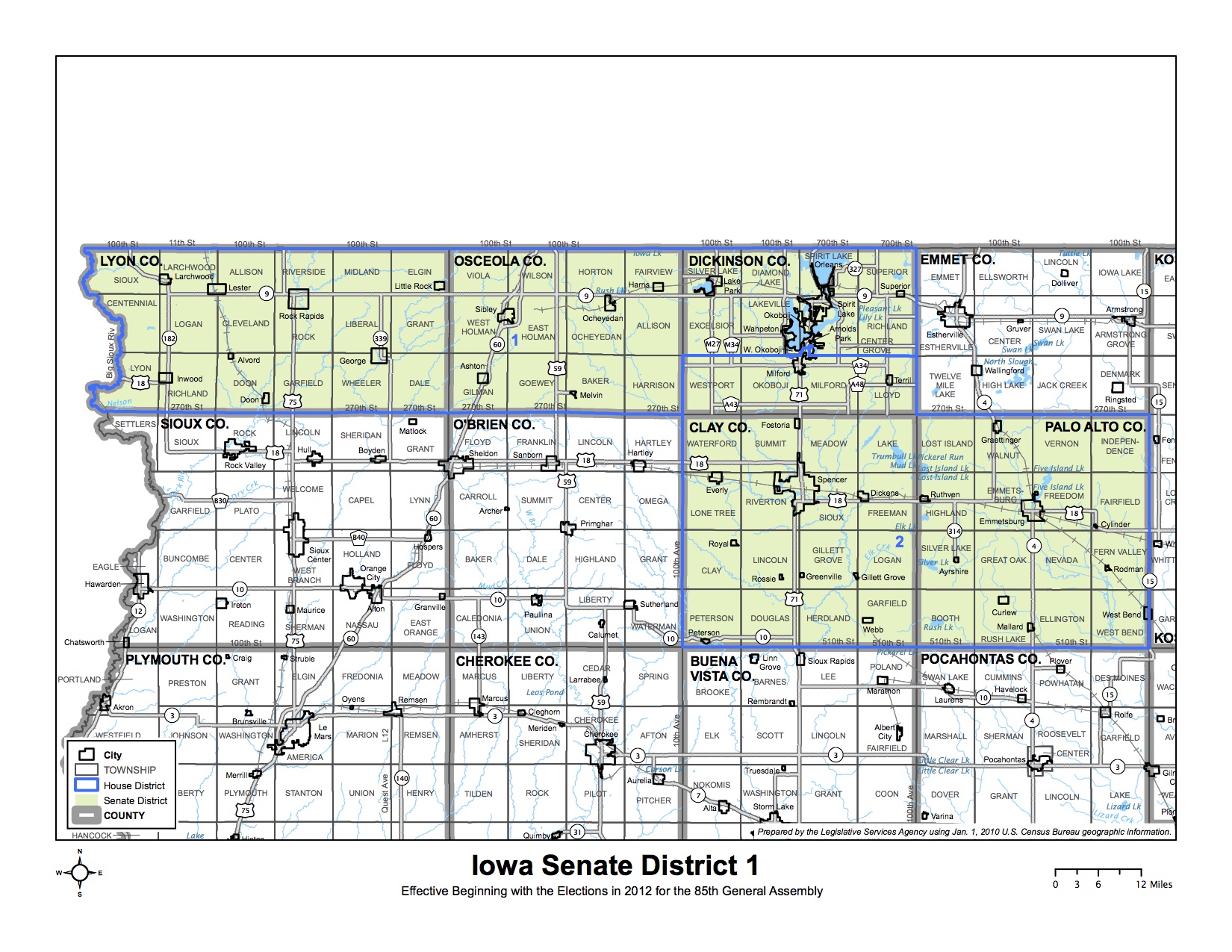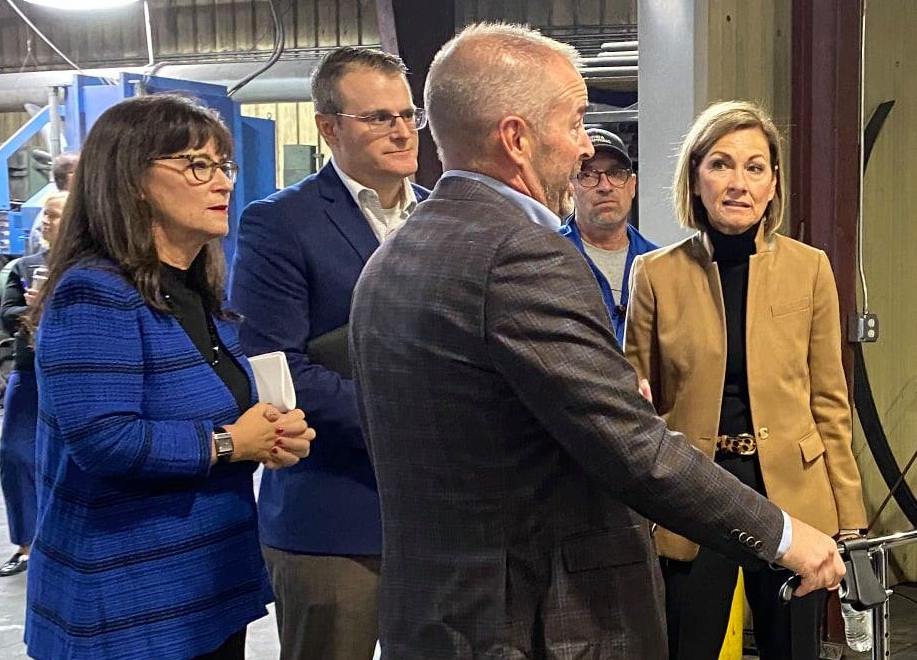Athena Gilbraith, candidate for Davenport mayor, responds to the Quad-City Times staff editorial endorsing the incumbent mayor, Mike Matson. This commentary was sent via email to several Iowa activists and news organizations.
It is unfortunate that lack of cultural competency is not a disqualification for our elected state and local Democratic leaders. It is my regret to name the perpetrators of racism and harm, but is essential to telling the story of my displacement. Silencing Black women should not be tolerated, let alone celebrated within the confines of the political arena we find ourselves in. Yet, we find ourselves directly in this situation. Virtue signaling is not an attractive trait for any leader to be in, and as members of the community with constituents who look to us for individual guidance, the question must be asked, “will we continue to fail?”
Failure is not an option for me, nor is silence. And so, the following words are truths and experiences of being racially targeted by Mayor Mike Matson, Scott County Auditor Roxanna Moritz, and State Representative Cindy Winckler, and why the Quad-City Times’ endorsement is not only a mistake, but a misguided effort on behalf of non-people of color. You all have the power to help or to do harm, and the choice to be accomplices or allies. Who are you in these scenarios?
Continue Reading...




















